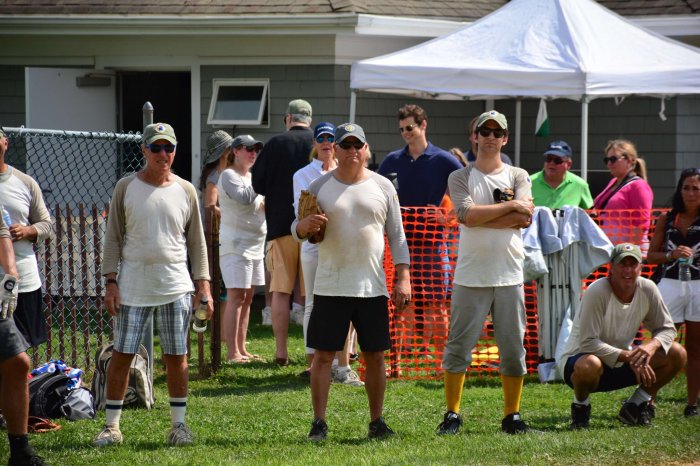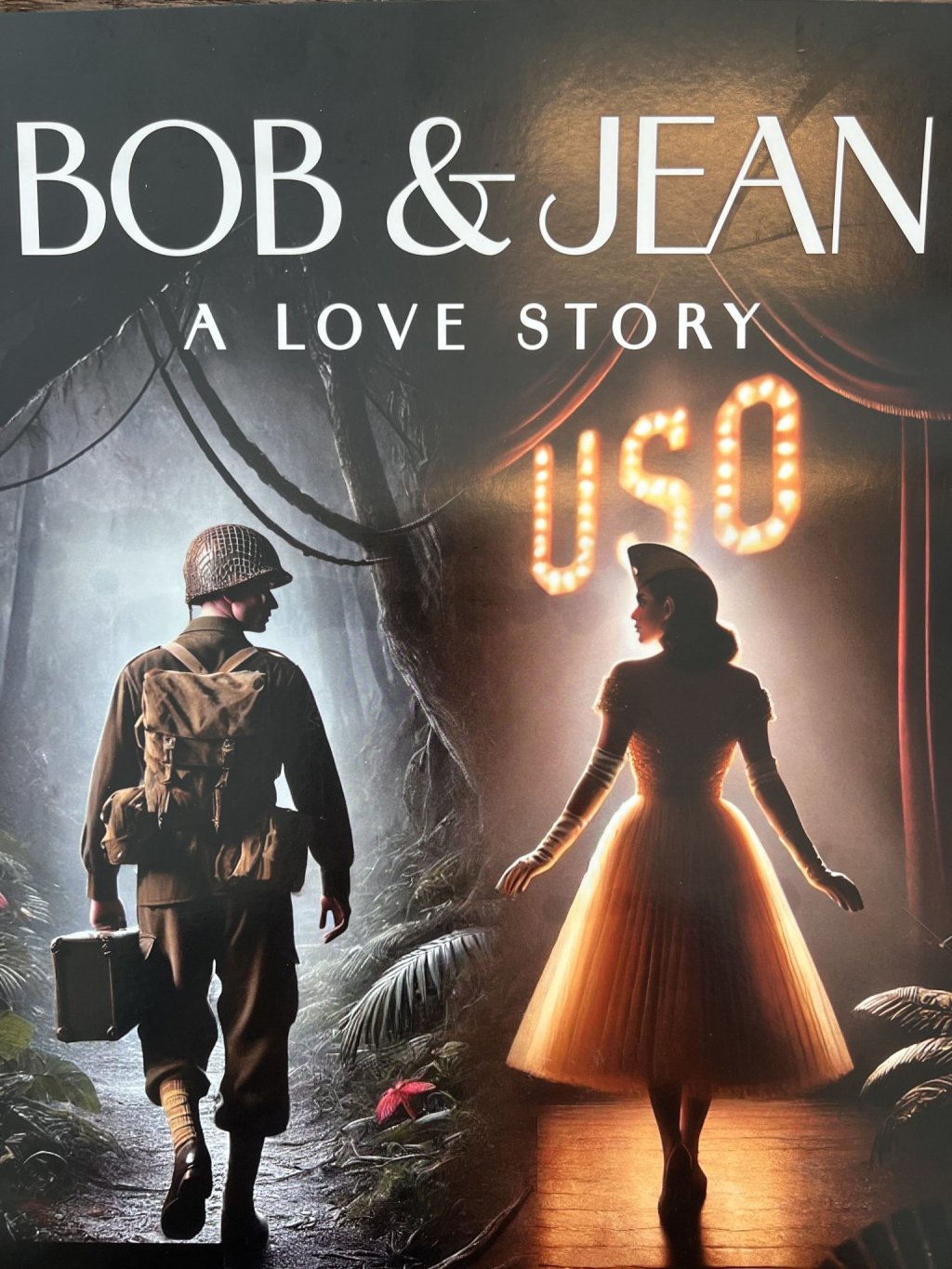Farewell, Dan Greenburg: A Gutsy Softball Player, An Even Better Dad

SUBDECK: My father, a Writers team veteran and author of 79 books, passed away in December. His example, both on and off the field, is a blueprint for conquering fears.
My father, Dan Greenburg, made a career writing about things that absolutely terrified him. For publications ranging from the New Yorker to Playboy, he chronicled his adventures following firefighters into burning buildings in New York, joining voodoo ceremonies in Haiti, and even participating in orgies, wherever they have orgies. Perhaps most terrifying of all: softball.
My dad passed away in December, at age 87, and I’m one of the many who miss him terribly. I’m also one of the few who knew him not only as the author of 79 books, but as a gutsy (if not great) softball player. And his example, both on and off the field, is a blueprint for conquering fears.
To be clear, my father wasn’t just petrified of softball, but of sports in general. That’s because, as a self-described scrawny Jewish kid growing up in Chicago during the 1940s, he was always the last pick in schoolyard games—and a frequent target of bullies who enjoyed stealing the hats and gloves given to him by his overprotective mom (he wrote about that, too: a book called How to Be a Jewish Mother).
So imagine the chutzpah it must have taken for him to get on a field alongside his professional peers (and scores of strangers) at the Artists & Writers game. Starting at some point in the 1980s, he would spend the summer training for the big moment by playing in the Sag Harbor Sunday League, where I heard he even won the award for Most Improved Player.
His teammates remember him not as a natural athlete, but as someone who always brought good humor about himself and the game. As for me, I recall the annual ritual of watching my dad take the field at Herrick Park on a sweaty Saturday in August. I had no idea whether or not he was a great softball player, but I knew he was a great dad.
As I got older, he told me about the importance of conquering one’s fears, and regaled me with his tales, both of failure and triumph. I saw that playing softball was part of this for him. But I also realized he’d been doing it largely for me. He wanted his only child to have a different experience around sports than he did. And by brushing up on his softball skills, he knew he could help me be a better athlete than he was—and avoid much of the attendant schoolyard suffering.
So, as I began to show more and more interest in baseball, we’d head to the yard and he’d lob tennis balls in my direction—underhand, like a softball pitcher—to help me hone my skills as a hitter. When I started pitching, he gamely bought a used set of catcher’s gear and squatted as I hurled hardballs at him, more than a little terrified once again.
A few times a year, at my urging, he took me to the old Yankee Stadium. I remember going to both games of a doubleheader against Cleveland in 1995 and watching Mike Stanley hit three homers in the nightcap. The Bronx Bombers lost both games, with the second being a particularly dramatic seesaw contest (largely due to the mediocre performance of the starting pitcher, a rookie named Mariano Rivera). But we agreed it was the most fun we’d ever had at a sporting event.
During the Yankees’ title runs of the late 1990s, my dad would even sneak me out of Yom Kippur services early with him to watch the games on TV. By then, we’d sold our place in East Hampton, and he didn’t make a habit of coming back to the Artists & Writers game. But in 2007, when I graduated from college and became a staff reporter at Forbes, I decided to carry on the tradition myself. My dad’s softball skills were passable, though perhaps not good; mine were good, though perhaps not great—a testament to all those tennis balls he tossed me.
As an adult, I felt comfortable confronting fearsome situations, both on the field or off. At work, I did so by chasing a diamond smuggling story all the way to Sierra Leone, tangling with billionaires around the globe, and writing an unauthorized biography of Jay-Z here at home. I wasn’t afraid on the field, either. I became a regular for the Writers squad and even spent a decade as captain of the Forbes softball team.
In 2018, shortly after my dad’s 82nd birthday, I convinced him to come back for one more Artists & Writers game, just for the day. We warmed up in the yard at home, and I tossed him a few pitches. He seemed rusty, but ready to roll, and we got in the car. By the time we arrived in East Hampton, batting practice had begun, and he got up to take a few hacks.
After a few swings and a few misses, I think he concluded he needed another summer of practice before stepping back into the box at Herrick Park. Or maybe he figured he’d already conquered this particular fear—and he was simply happy to be at the game, like that time at Yankee Stadium in 1995.
I’m a dad now, too. And my two-year-old, Riley, is already aware of my proclivities (the other day, she declared: “Baseball, dada like it!”) There are a lot of lessons I’d like to pass down from my father about conquering fears and the like. But the one on achieving some measure of happiness just by being at the game, win or lose, might be the best of all. Thanks, dad, I love you. And I miss you so much, especially this weekend.
Zack O’Malley Greenburg is the author of five books, including A-List Angels and the Jay-Z biography Empire State of Mind. His work has also appeared in the New York Times, Washington Post, Rolling Stone, Vanity Fair and Forbes, where he served as senior editor of media & entertainment for a decade.












